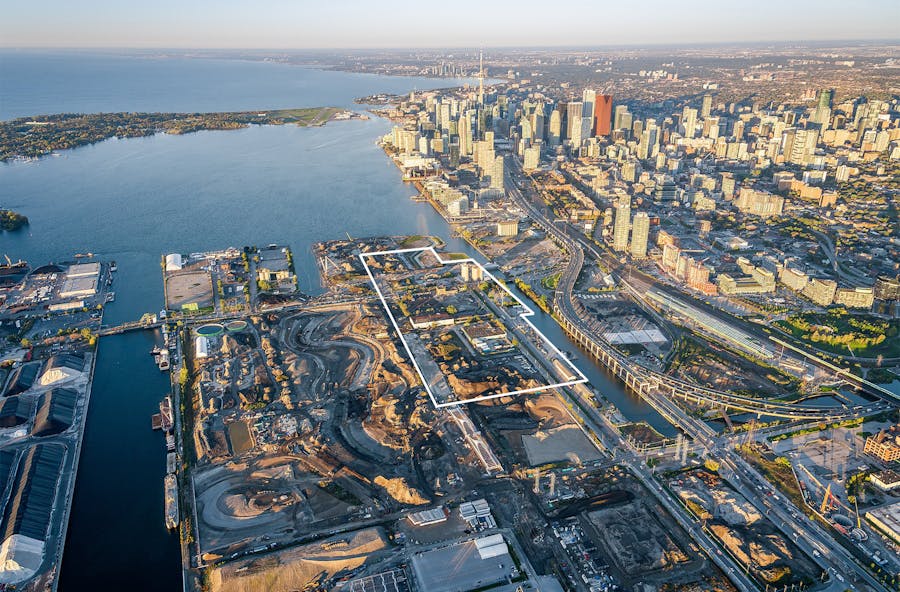21.03.2024
SLA develops nature-based solutions in Pretoria

How can we create a paradigm shift in the way South African city planning traditionally views, prioritizes, and utilizes nature in urban development?
That is among the key challenges that SLA is helping to address in the Danida Fellowship Centre-funded interdisciplinary research and development project CONSUS.
Working together with local and international researchers and students of landscape architecture, biology, geography, and city planning as well as private and municipal partners, CONSUS aims to pioneer transformative, nature-based solutions for a more sustainable and equitable future in Pretoria, South Africa.


“For many South Africans, nature is deeply spiritual. However, access to nature is often unequal and rooted in colonial planning separating rather than connecting people with nature. With this project, we explore how a nature-based approach and co-design together with local communities can solve the local challenges of stormwater management, solid waste, ecological degradation, and social segregation while re-connecting people with nature.”
— Kristine Engemann Jensen, SLA Biologist and PhD,
The project’s focus is the neighborhood of Mabopane in North-West Pretoria. As a remnant from Apartheid planning, the green space in Mabopane is undeveloped for recreation despite being the only green space close to many local residents. The green space is threatened by open space encroachment, flooding, and illegal dumping of waste
The area faces several challenges, such as flooding during extreme cloudbursts, pollution, drought, health issues, and social deprivation.


Together with local students and researchers, SLA is devising a series of pilot projects to reimagine and reactivate the area’s main green spaces, enhance the local biodiversity, and restore and clean the local river.
The aim is to re-activate Mabopane’s green areas both on a policy level and a practical level; to make the green spaces more healthy, biodiverse, and resilient; and to help locals reconnect with their nature and natural heritage.


CONSUS is a four-year project funded by the Danish Ministry of Foreign Affairs through the Danida Fellowship Centre and consists of researchers from Aarhus University, landscape architects and ecologists from the University of Pretoria, local South African practitioners, and our core public partners City of Aarhus / Aarhus Vand and City of Tshwane Metropolitan Municipality.


24.06.2025
Development plan for Odense Inner Harbor politically approved
We are very happy to share that Team SLA/Vandkunsten’s district development plan for Odense Inner Harbor – set to become Denmark’s lushest harbor – has been approved by the City of Odense.

10.06.2025
SLA creates 104 new neighbourhood parks in Abu Dhabi
We are happy to share that we have completed one of the largest urban greening projects to date in the UAE: 104 new neighbourhood parks across Abu Dhabi, designed to improve health, biodiversity, and the everyday quality of life for all Abu Dhabi’s residents.

01.06.2025
SLA and GHD win major design project for Ookwemin Minising
We are incredibly excited to share that we – together with our partner GHD – have won the assignment as prime consultant for Ookwemin Minising: Toronto’s new 39.6-hectare island neighborhood planned for more than 15,000 residents!